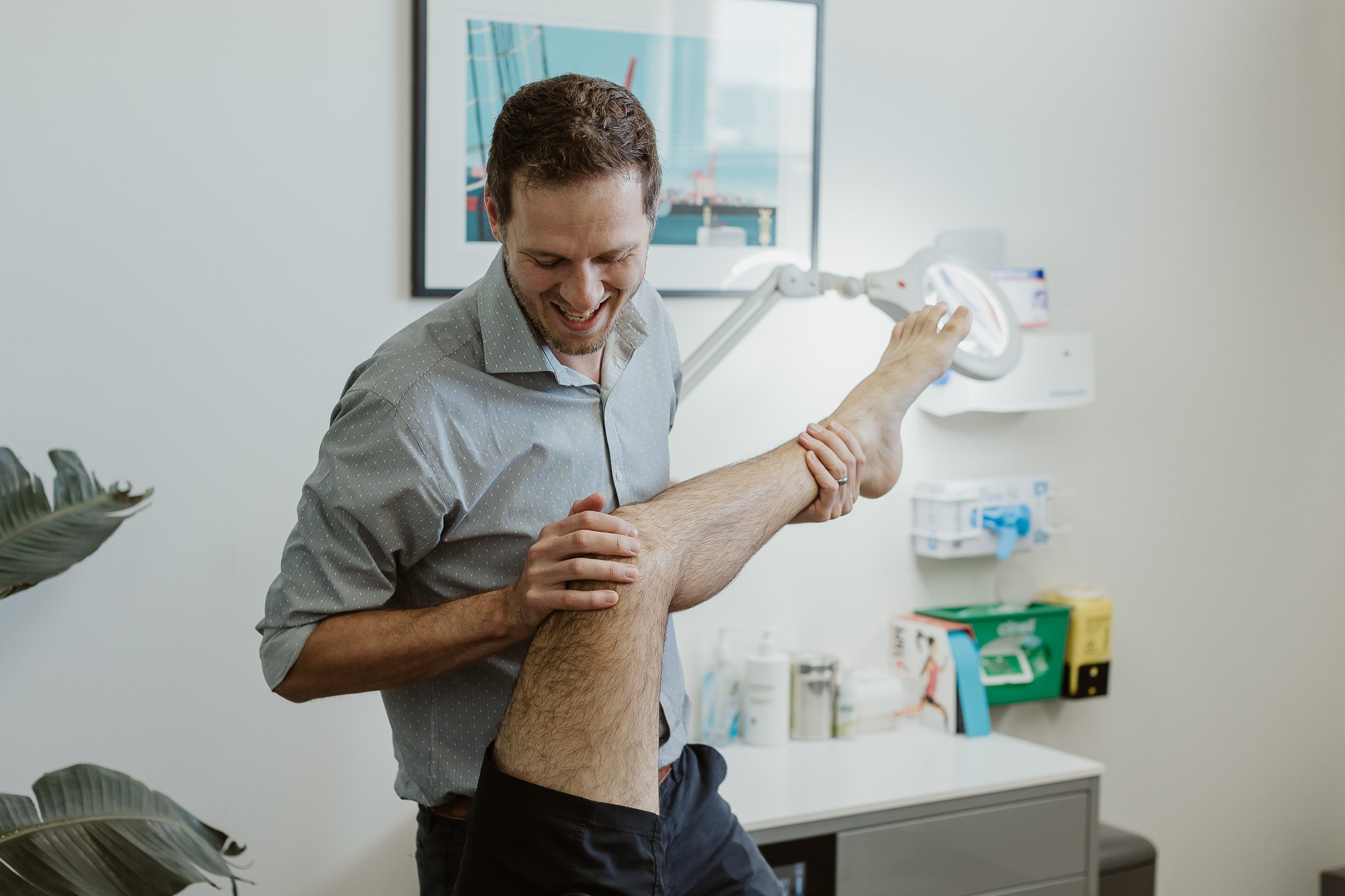
Biomechanical Assessment
Biomechanical Assessments in Perth
Comprehensive Analysis for Pain Relief, Injury Prevention, and Performance Enhancement
At JS Podiatry, we specialize in biomechanical assessments to help you move better, feel better, and stay injury-free. Our expert team uses advanced techniques to analyze your movement patterns, identify the root causes of pain or discomfort, and create tailored treatment plans that deliver results.
Whether you’re an athlete, recovering from an injury, or dealing with chronic pain, our biomechanical assessments are designed to meet your unique needs.
What is a Biomechanical Assessment?
A biomechanical assessment is a detailed evaluation of how your body moves. It focuses on the alignment, function, and movement of your feet, ankles, knees, hips, and lower back. This process helps us detect abnormalities or imbalances that could lead to pain, discomfort, or injury.
Why Choose a Biomechanical Assessment?
Accurate Diagnosis: Identify the underlying causes of foot, ankle, knee, or lower back pain.
Injury Prevention: Address movement inefficiencies that may lead to overuse injuries.
Performance Optimization: Improve your movement patterns for better athletic performance.
Customized Treatment Plans: Receive tailored solutions, including orthotics, strengthening exercises, and more.
Who Can Benefit from a Biomechanical Assessment?
Athletes: Enhance performance and prevent injuries.
Individuals with Pain: Address chronic pain or discomfort in the feet, knees, or lower back.
Post-Injury Recovery: Safely return to activity after an injury.
Everyday Movers: Improve comfort and mobility in daily life.
What to Expect During Your Biomechanical Assessment
Initial Consultation
We begin with a discussion about your symptoms, lifestyle, and goals.Physical Examination
We assess the alignment, strength, and flexibility of your feet, ankles, knees, and hips.Gait Analysis
Using advanced tools like the Zebris 3D Gait Analysis system, we evaluate your walking or running patterns to detect imbalances or inefficiencies.Detailed Report
We comprehensively explain your results and discuss how they relate to your symptoms or goals.Personalized Treatment Plan
Based on your assessment, we recommend tailored treatments, which may include:Custom orthotics
Footwear education and prescription
Strengthening and stretching exercises
Strapping, dry needling
Shockwave therapy or prolotherapy (if needed)
Why Choose JS Podiatry for Biomechanical Assessments?
Expert Team: Our podiatrists specialize in biomechanics and sports podiatry, ensuring you receive the highest standard of care.
Advanced Technology: We utilize cutting-edge tools like the Zebris 3D Gait Analysis system for precise evaluations.
Comprehensive Approach: From assessment to treatment, we provide end-to-end care tailored to your needs.
Convenient Location: Our clinic is located at 14 Wickham Street, East Perth, making it easy for Perth residents to access our services.
Book Your Biomechanical Assessment Today
Take the first step towards pain-free movement and optimal performance.
Contact us today to schedule your appointment:
Phone: (08) 6263 4686
Email: info@jspodiatry.com
Location: 14 Wickham Street, East Perth, WA 6004
Operating Hours:
Monday-Friday: 7:30am - 6:00pm
Saturday: 8:00am - 12:00pm
FAQs:
-
GPs do not perform biomechanical assessments.
-
We recommend wearing active wear such as shorts, gym leggings, t-shirts, tank tops etc. so that we are able to assess your knees and hips without restriction.
-
A biomechanical assessment is important because it allows us to identify and address the root cause of your symptoms.


